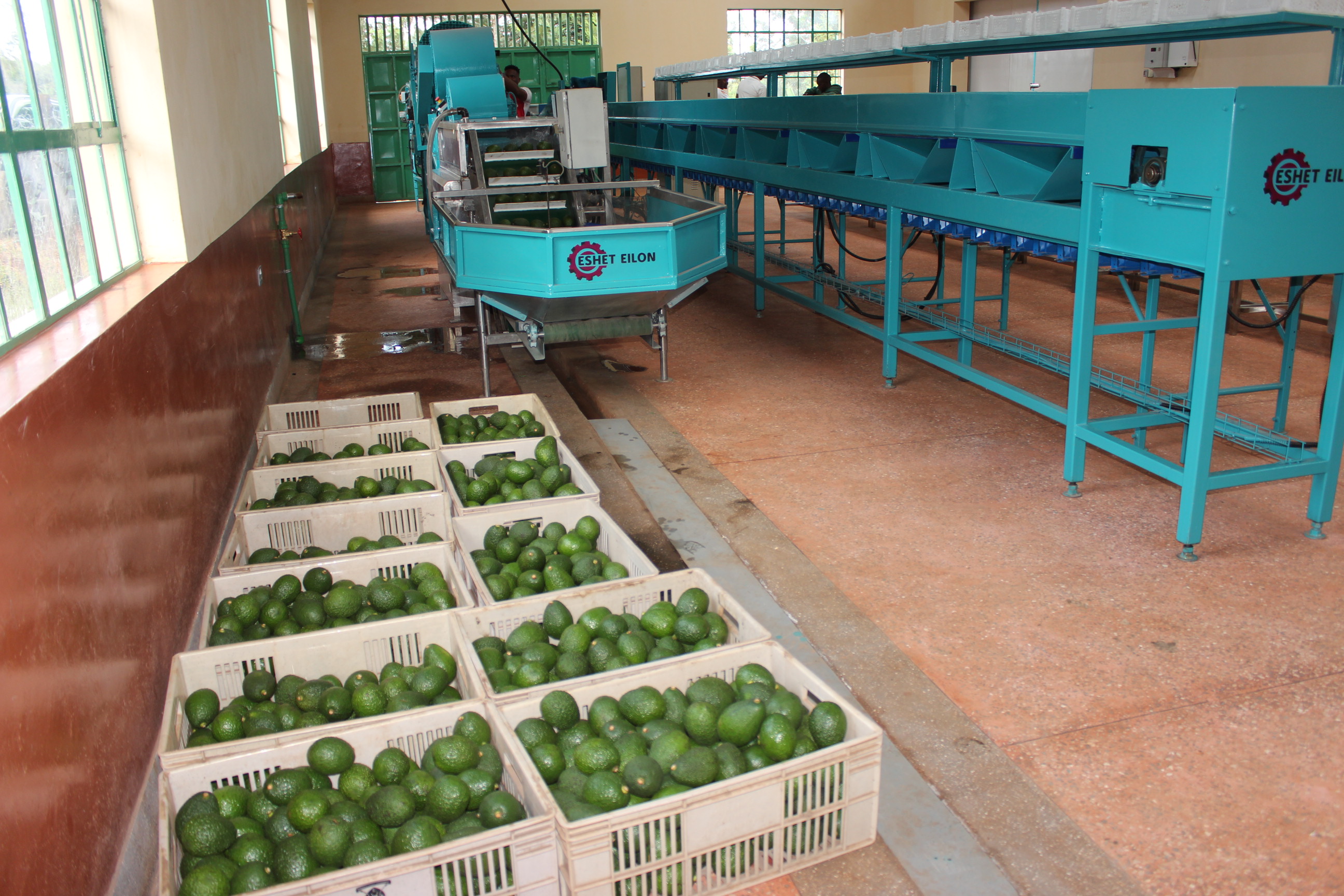

Avocado farmers in Murang’a can now directly export their produce to international buyers, thanks to a new aggregation plant.
The Sh70 million plant, a joint venture between the county government and the World Bank through the National Agricultural and Rural Inclusive Growth Project, will collect, sort, grade and pack avocado fruit for the global market.
The facility has been handed over to the Murang'a Avocado Farmers Co-operative Union, an umbrella organisation for 16 co-operatives, serving 5,689 farmers.
John Mburu, the Union's general manager, said for three years, they relied on local processors and exporters.
This dependence meant farmers had little influence on the market or the prices their produce fetched.
"But with this plant, farmers will now be able to sort their fruits and sell them to buyers of their choice while negotiating for the best prices," Mburu said.
The plant will increase prices from as low as Sh3 per piece to as high as Sh30. The union has already identified international markets.
"So far, we have been able to collect about 500 tonnes that have earned farmers about Sh25 million, but now we believe we will be able to collect even more fruits and get better prices," Mburu said.
Governor Irungu Kang'ata commissioned the plant, highlighting its significance as the first farmer-run factory in the region, unlike most privately operated facilities.
He emphasised that the plant will create jobs for local youth while securing better prices for local fruits.
"We have been partnering with the World Bank on various projects through counter-funding. It provides about 80 per cent of the funding while we provide 20 per cent," Kang'ata noted.
The plant, alongside other development programmes by the county government, will help reduce unemployment, which has been linked to the rampant theft of avocados from farms.
Having suffered losses due to theft often perpetrated at night, farmers would end up harvesting immature fruits.
Producers in Gatanga and Kandara subcounties would keep vigil throughout the night to guard their farms.
Murang'a leads in avocado production nationally, contributing 32 per cent of the country's production value and generating Sh4.6 billion in 2024.
Woman Representative Sabina Chege urged both national and county governments to establish regulations to curb these thefts, which significantly impact farmers' earnings.
While commending the county government for the project, Chege underscored the urgent need to stem the vice.
She reiterated the importance of training farmers on proper crop husbandry to enhance the quality and quantity of their produce.
"I was in Brazil last week as a member of the Agriculture Committee in the National Assembly and I saw the impact that farmers’ training can have on food production,” she said.
Chege said the avocado centre can be a "game-changer" for many local households by diversifying their income.
She encouraged the county to invest in oil pressing machines, enabling farmers to add further value to their fruits.
"Producing oil will ensure even the fruits that don’t qualify for the export market don’t go to waste and earn farmers extra money,” she added.
Purity Mwihaki, a farmer and ECDE teacher, shared her experience, stating that avocado farming only recently became profitable.
For most of the 10 years she has had avocado trees, the fruits went to waste due to a lack of market.
The ripe fruits would fall and be consumed by dogs due to their high fat content.
Mwihaki recounted that while the dogs thrived, farmers languished in poverty.
It was only after the county intervened and introduced contract farming that local processors began purchasing the fruit at higher prices.
Mwihaki sells about 5 tonnes of avocado fruits per season from her 100 trees.
"Our village has nothing else. We depend on avocados because most farmers did away with coffee when it started doing dismally. We’re very hopeful that this factory will give us even more money,” she said.














